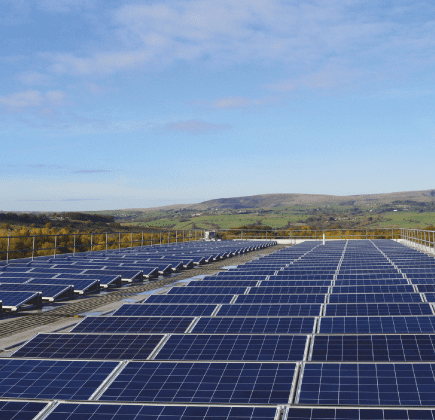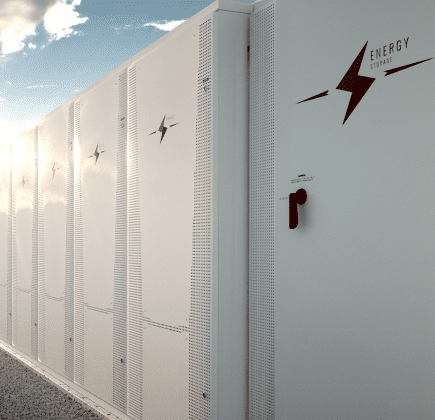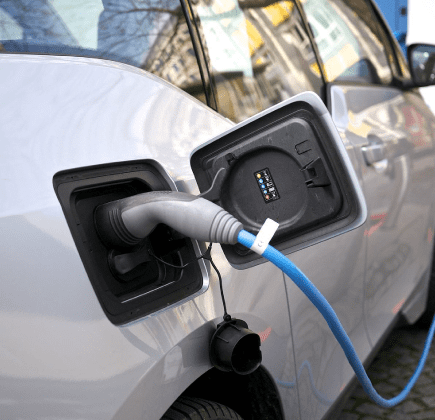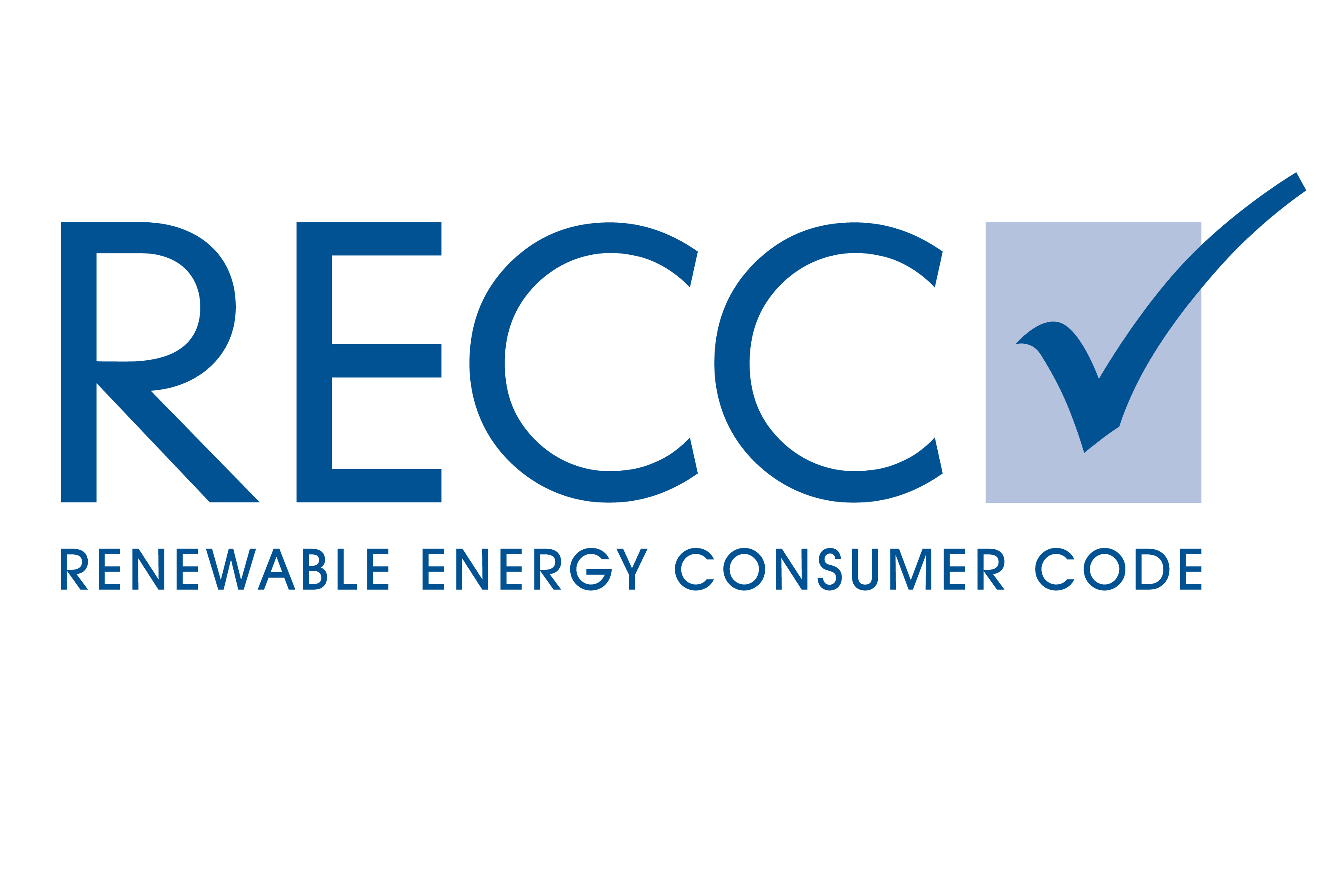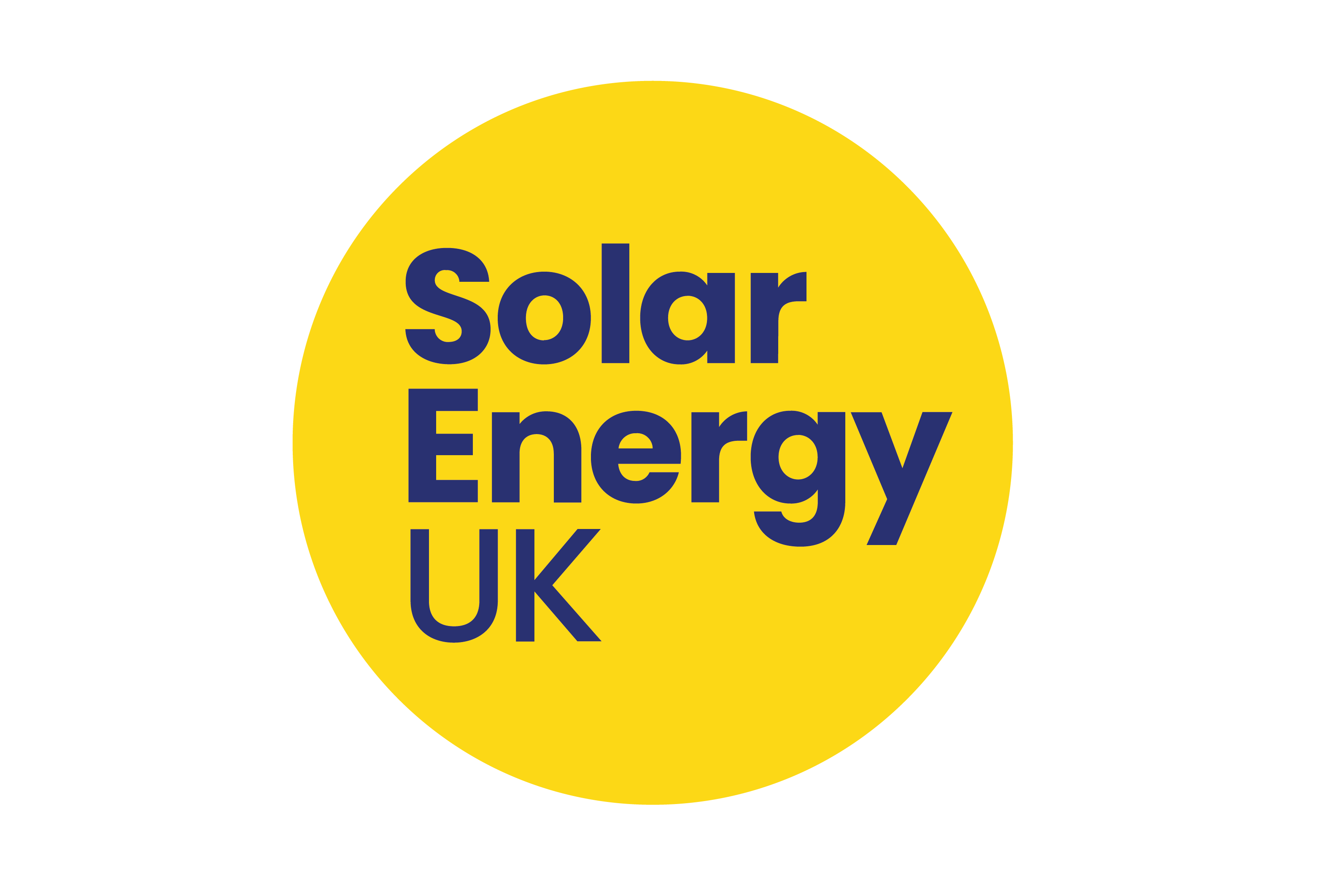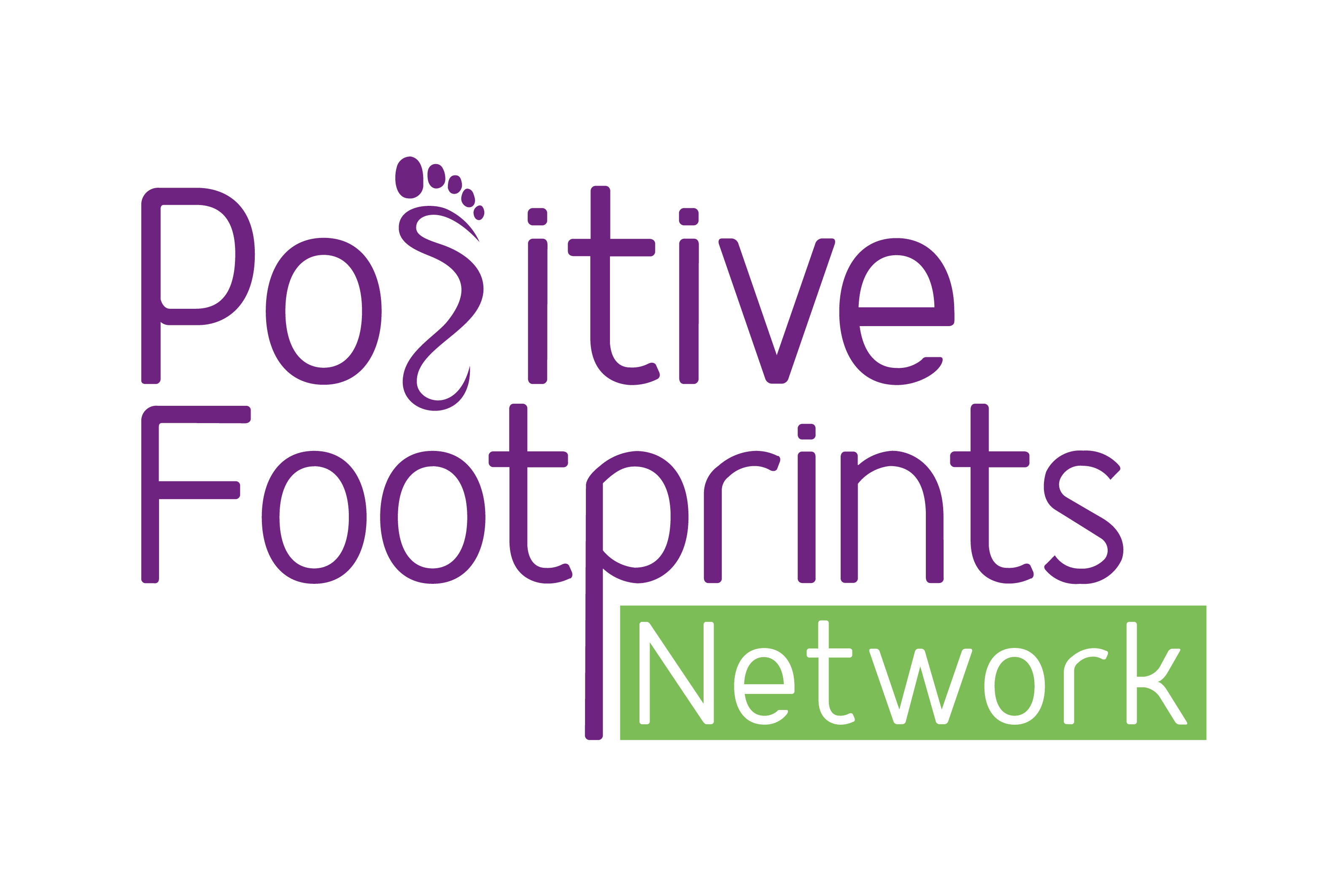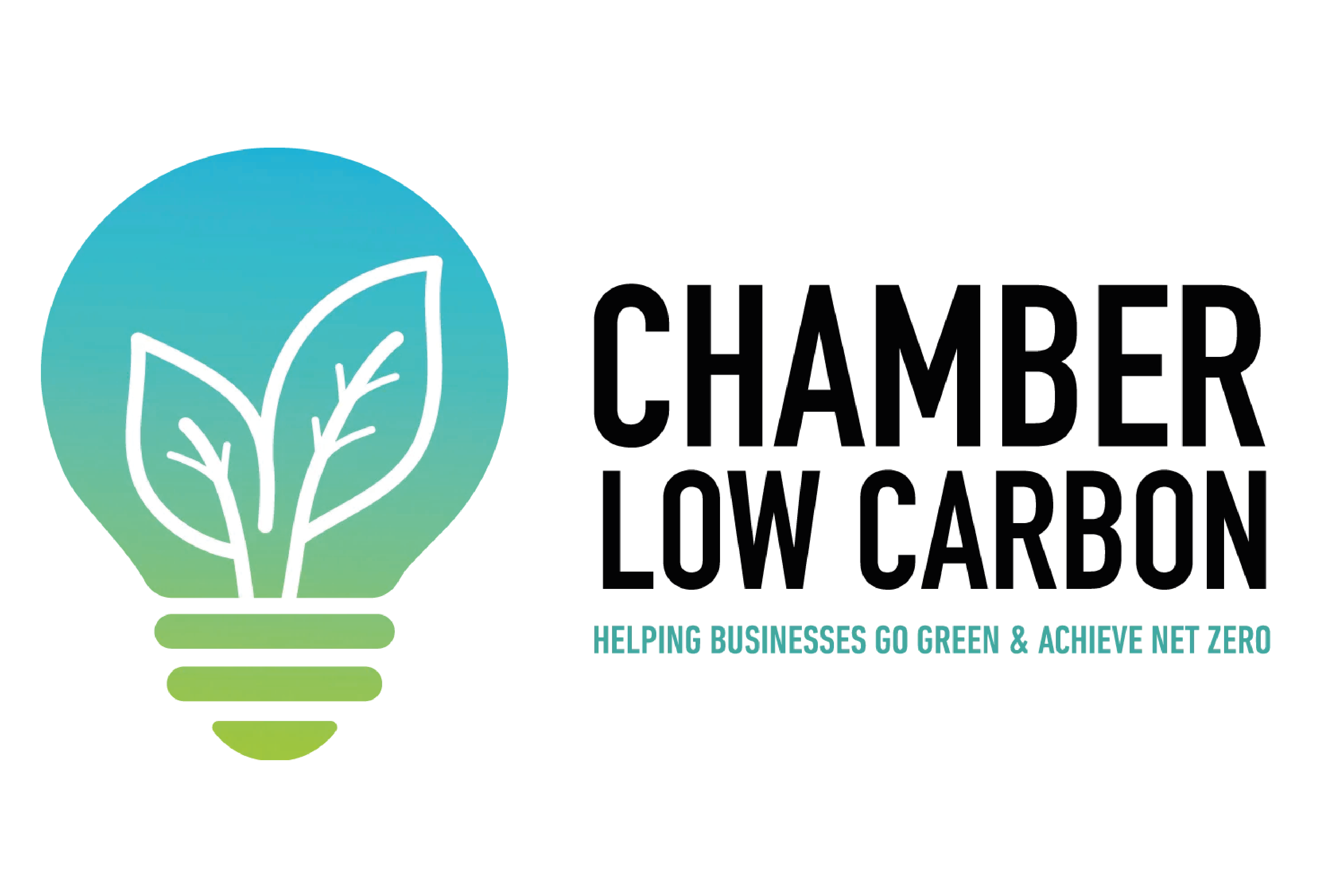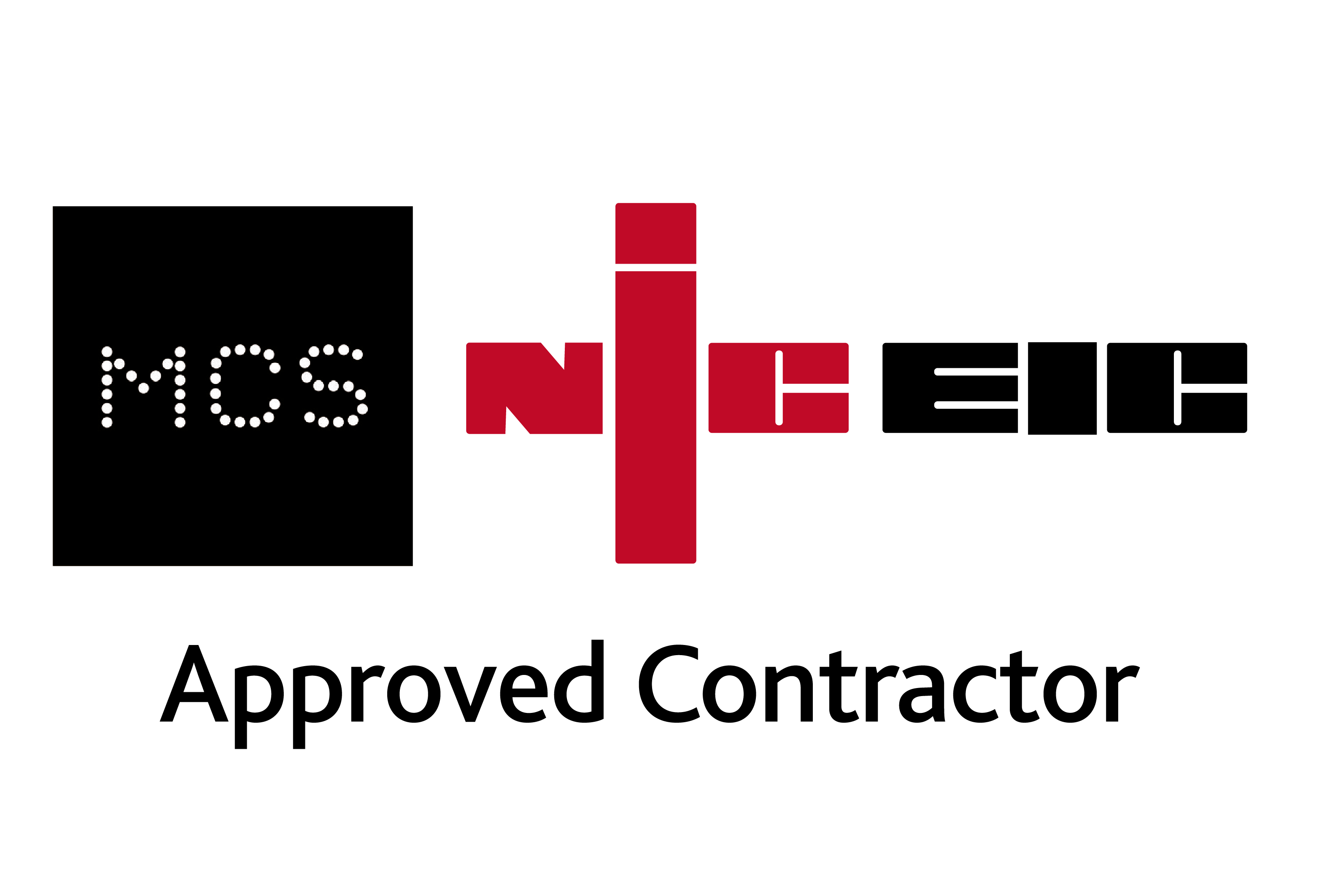
What is a brownout and how does it affect your business?
Brownout is basically the term used to describe what happens when the voltage drops below the usual mains supply level. It’s similar to but not quite the same as a blackout, which is a complete (and normally sudden) loss of power. The term brownout is sometimes used interchangeably with the term sag, but the big difference there is that a sag is normally a very short term drop in voltage, whereas a brownout can last anything from a few minutes to hours or even days.
What causes a brownout?
Most often a brownout is due to increased strain on the national electricity grid. This could be to a temporary spike in power demand, or extreme weather conditions like rain, snow or storms – all of which have the potential to affect the nation’s power supply to varying degrees. They can also occasionally be caused by internal factors, such as faulty wiring or too many appliances being installed on a single circuit.
Sometimes, brownouts are intentionally instigated by the National Grid, who deliberately reduce the voltage to ration electricity supplies and thereby prevent a complete blackout.
Because brownouts aren’t quite as sudden as blackouts, most modern computers and other machines will often survive them just fine. However, that’s not to say they can’t have serious consequences for your business.
How can a brownout damage your business?
Brownouts have the potential to negatively impact your business in a range of ways. Here are some of the most critical, and universal.
Loss of productivity and impact on operations
The increasingly widespread reliance on technology for many businesses means that even a momentary power cut can severely hamper employees in the performance of their duties. It can limit communication to on-site teams, or prevent important documents and similar resources from being transferred. It might result in time-sensitive projects being delayed, which can lead associated costs to spiral.
In fact, downtime is arguably one of the most significant issues businesses have to face in power cuts – just look at Google. The corporation briefly lost power in 2013, and the resulting downtime cost them an estimated £100,000 a minute until power was restored.
Loss of data, records or archives
The loss of data can pose an equally devastating issue for businesses, especially for those who must adhere to strict codes of compliance. While many businesses have improved their data storage facilities and processes in recent years due to events such as the GDPR and the WannaCry incident of 2017 (which saw widespread data destruction across large numbers of businesses, and even the NHS), it remains a scenario that can exact a heavy toll. In many cases, this data may be extremely costly – or even impossible – to replace.
Damage to devices and equipment
As we’ve touched upon above, a blackout is perhaps the most damaging type of outage, as devices are improperly and abruptly shut off. However, while brownouts may not be as damaging in quite the same way, they can still be very damaging for IT loads, sometimes more so than a blackout. This is because during a brownout, devices will still be operating on a baseline level of power, but the reduction can cause some of them to malfunction – which can end up having further consequences further down the line.
How can commercial solar help you avoid these issues?
We’ve explored the issue of energy security before on the blog, but here it is in a nutshell: commercial solar panels and similar types of installations enable you to generate your own reserves of energy on site. This has a number of exciting benefits for you, but one of the most useful byproducts is that it reduces your reliance on the National Grid, giving you more energy independence. It also means you’ve got a power supply to fall back on should problems occur, which in turn amounts to increased energy security so that your business can keep operating.
And of course, by generating your own solar on site, you can make big savings on your energy bills too. We’ve outlined a full list of the advantages of solar in a previous post, so feel free to take a quick recap! Plus, here at Low Carbon, our experts have over 30 years of combined experience behind us in helping you save on business costs, and profit from having cleaner energy. To find out how we can help you, feel free to give us a call today on 01282 421 489!
 Energy Technology
Energy Technology

Powering your present. Preserving your future.
Call us on 01282 421 489

strategy be a priority?

